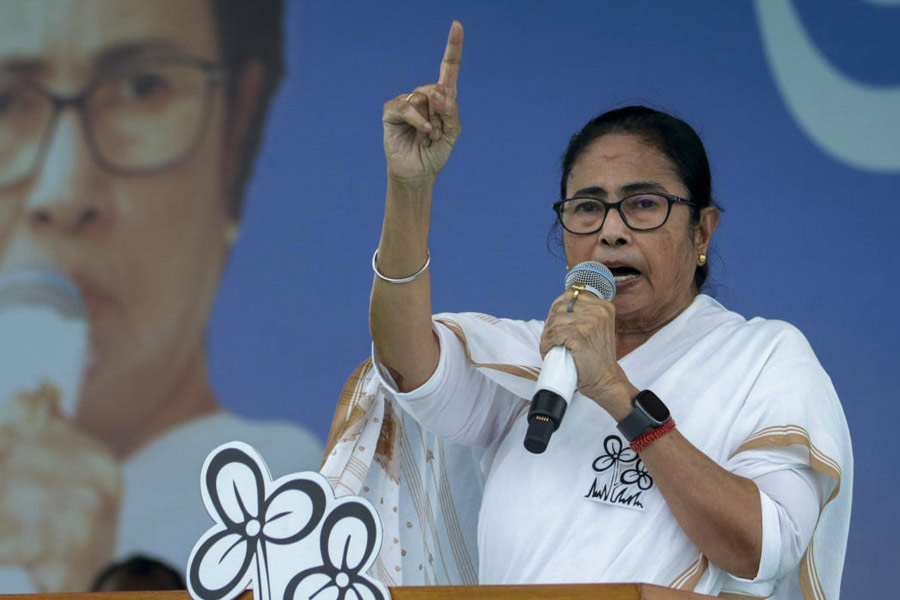Kolkata, West Bengal – In a recent development that has stirred the political waters, West Bengal Chief Minister Mamata Banerjee has issued threats against the central government and neighboring states, significantly escalating tensions. Her statements, made in the backdrop of ongoing political skirmishes, have sparked a wave of reactions across the political spectrum.
Mamata Banerjee, known for her fiery rhetoric, threatened that any attempt to destabilize West Bengal could lead to repercussions felt not just within the state but across several others, including Assam, Bihar, Jharkhand, Odisha, and even the national capital, Delhi. “Remember if Bengal burns, so will Assam, Bihar, Jharkhand, Odisha, and Delhi,” she was quoted saying. This statement comes at a time when the political atmosphere in West Bengal has been particularly charged, with allegations of violence and administrative overreach.
The BJP, the ruling party at the center, has not taken these threats lightly. The Bengal BJP leader Suvendu Adhikari responded sharply, questioning the appropriateness of such statements from a constitutional position holder, suggesting that Banerjee’s comments were more akin to a political vendetta than governance. “This isn’t the voice of someone holding a constitutional position; it’s the voice of an opposition leader,” he remarked, indicating the deepening rift between the state and central governments.
The political tension has been further exacerbated by Banerjee’s allegations that the BJP is attempting to incite caste-based riots in Bengal, drawing parallels with the situation in Manipur. “BJP is planning this and has used money for this,” she claimed, pointing towards a conspiracy to destabilize her state. These accusations have not only fueled local debates but have also caught the attention of national observers, who see this as a classic example of how state politics can influence national stability.
Governor Bose’s recent expression of insecurity with the Kolkata Police at Raj Bhavan, and his subsequent request for them to vacate, adds another layer to the ongoing saga. This move was interpreted by some as an attempt to assert central authority over state apparatus, further straining the relationship between the state government and the central administration.
The implications of Banerjee’s statements are profound, hinting at a potential for broader unrest if political tensions are not managed diplomatically. Critics argue that such provocative rhetoric could lead to a cycle of violence and counter-violence, potentially destabilizing not just West Bengal but the entire region. On the other hand, supporters of Banerjee see her statements as a strong stand against what they perceive as central overreach and an attempt to undermine state autonomy.
As the political chess game continues, with each side making strategic moves, the real concern lies with the citizens of West Bengal and neighboring states, who are increasingly caught in the crossfire of political brinkmanship. The coming days will reveal whether these threats will lead to concrete actions or if they are merely the latest salvo in an ongoing political battle. What remains clear is that the political landscape of India, particularly in its eastern states, is witnessing a significant upheaval, with implications that could resonate far beyond the borders of West Bengal.



